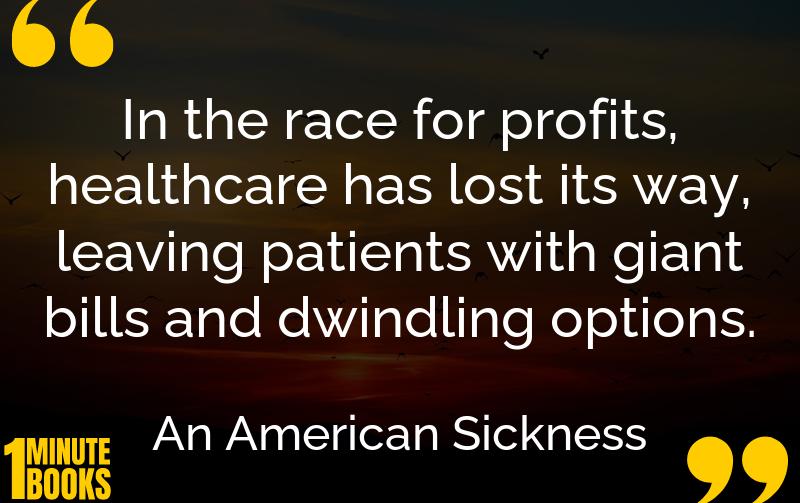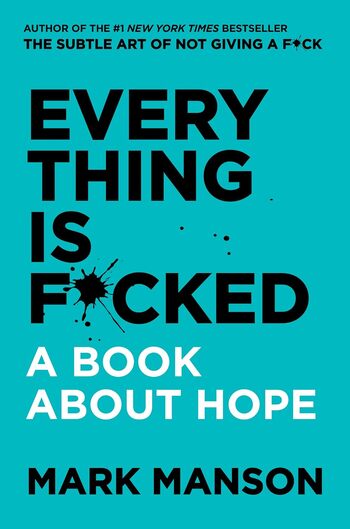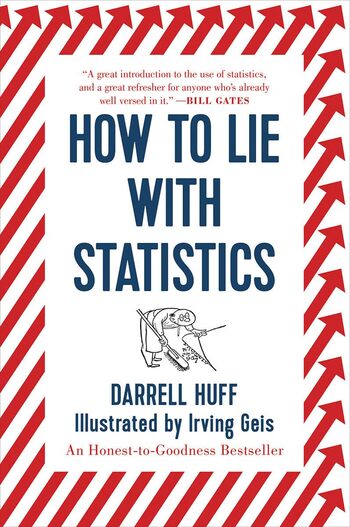
An American Sickness by Elisabeth Rosenthal explores the transformation of the US healthcare system from nonprofit origins to a profit-driven industry. It examines issues like insurance, hospital fees, and pharmaceuticals, offering solutions.
Main Lessons
- Understand the history: US healthcare shifted from nonprofit origins to a profit-centric system, impacting patient care.
- Profit-driven insurance: High medical bills encourage insurers to welcome high charges, affecting affordability.
- Hospitals transitioned: From charitable roots to strategic pricing practices, hospitals prioritize financial gains.
- Medical practices: Doctors commercialize their roles, with a notable portion in the wealthy 1% of America.
- Pharmacy prices: Drug costs have soared due to manipulated patent laws and minimal regulation.
- Medical device market: A cartel-like control leads to inflated prices and less competition.
- Ancillary services: Hospitals profit from unnecessary tests and services, raising patients’ expenses.
- Healthcare as business: US medical debt showcases how businesses dominate over patient needs.
- Healthcare refugees: Many seek affordable healthcare abroad due to US high costs.
- Smart decisions: Patients can empower themselves by comparing hospital reviews and scrutinizing bills.
- Cut drug costs: Exploring alternatives, comparing prices, and checking insurance can lower prescription expenses.








